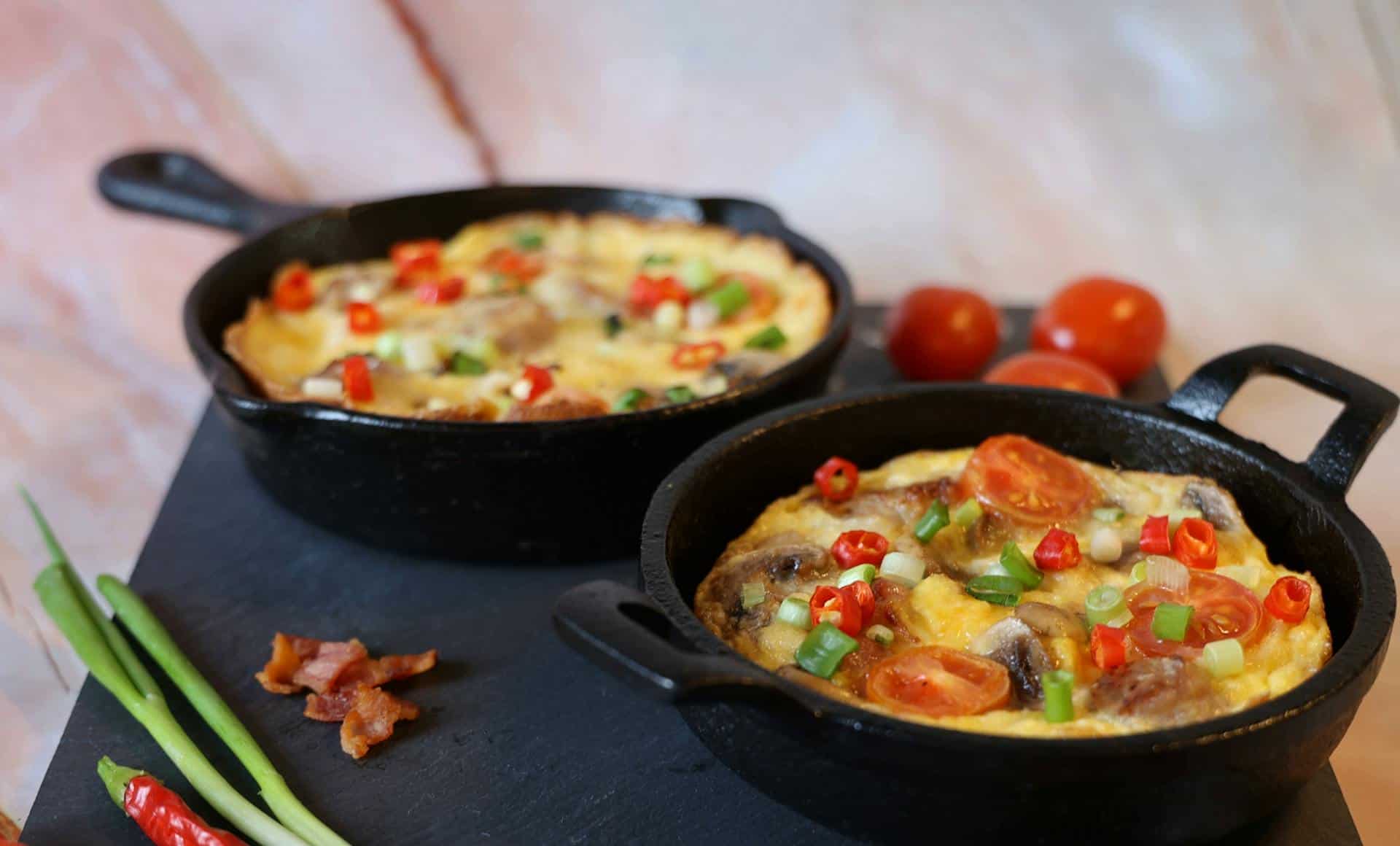
Question: Can I Use Cast Iron on an Induction Oven?
Answer: Yes, cast iron cookware works very well on induction cooktops. Its magnetic properties make it highly compatible and efficient for induction heating.
Cast Iron Cookware and Induction Cooking: A Perfect Match?
Can you use cast iron on an induction oven? This question arises from the unique way induction cooktops generate heat. Unlike traditional gas or electric stoves that heat the cooking surface directly, induction cooktops use electromagnetism. This process creates a magnetic field that interacts with ferrous metal cookware, generating heat directly within the pot or pan. This innovative method offers precise temperature control and rapid heating. Given this distinct mechanism, understanding cast iron’s compatibility becomes essential.
This article explores the relationship between cast iron cookware and induction cooking. It clarifies the science behind their compatibility, discusses the benefits and potential drawbacks, and provides practical tips for optimal usage. Whether you’re a seasoned chef or a home cook, this guide provides the knowledge you need to use your cast iron cookware effectively on an induction cooktop.
Understanding Induction Compatibility
Induction cooking relies on magnetic fields to generate heat. Therefore, your cookware must contain ferrous metal to work efficiently. Luckily, cast iron, primarily composed of iron, possesses excellent magnetic properties. This makes it highly compatible with induction cooktops.
The iron content in cast iron cookware interacts directly with the magnetic field generated by the induction hob. This direct interaction transforms the cookware itself into the heat source, resulting in incredibly efficient and responsive cooking. The rapid and even heating provided by induction enhances the already impressive heat retention qualities of cast iron.
Not all cookware works on induction. Copper, aluminum, and glass cookware generally require an induction disc or interface disc. This disc contains ferrous metal and acts as a bridge, enabling the transfer of heat. However, with cast iron, no such intermediary is necessary.
Click here to read more about Blue Kitchen Refacing
Related Article: Will Cast Iron Scratch on Induction Cooktop?
Related Article: Can You Use Regular Pots on an Induction Oven?
Potential Drawbacks and Considerations
While cast iron excels on induction cooktops, some minor considerations exist. Cast iron’s weight can be a factor for some users. Lifting and maneuvering heavy cast iron pieces can be challenging, especially larger pans or Dutch ovens.
The rapid heating capability of induction, combined with cast iron’s excellent heat retention, may lead to overheating if not carefully managed. Always start with lower heat settings and gradually increase as needed. Avoid drastic temperature changes that could cause thermal shock and potentially damage the cookware.
Although generally durable, the enamel coating on some cast iron cookware can be susceptible to chipping or cracking if exposed to rapid temperature changes or impacts. Exercise care when placing the cookware on and removing it from the induction surface.
Tips for Using Cast Iron on Induction
- For best results, ensure your cast iron cookware has a flat bottom. A flat base ensures maximum contact with the induction surface, optimizing heat transfer and preventing wobbling.
- Begin with a low heat setting and gradually increase to the desired temperature. This practice avoids thermal shock and allows for even heating. Induction cooktops respond quickly, so adjustments are almost immediate.
- Use wooden or silicone utensils to prevent scratching the surface of your cast iron cookware, especially if it has an enamel coating.
- Lift your cast iron cookware instead of sliding it across the induction surface. Sliding can scratch the smooth surface of the cooktop.
Caring for Your Cast Iron on Induction
Clean your cast iron cookware promptly after use while it is still slightly warm. Avoid immersing hot cast iron in cold water, as this can cause thermal shock. Hand washing with mild soap and a non-abrasive sponge is usually sufficient.
Dry your cast iron thoroughly after washing to prevent rust. Some users apply a thin layer of cooking oil to the surface as an additional protective measure.
Store your cast iron cookware in a dry place to prevent rust formation. Proper care ensures the longevity of your cast iron and maintains its performance on your induction cooktop.
Conclusion – Can I Use Cast Iron on an Induction Oven?
Cast iron cookware performs exceptionally well on induction cooktops due to its high iron content and magnetic properties. The combination offers benefits such as fast and even heating, precise temperature control, and energy efficiency.
While minor considerations regarding weight and potential overheating exist, these are easily managed with proper care and usage. By following the tips provided, you can maximize the benefits of this powerful combination and enjoy the exceptional cooking experience cast iron and induction offer.
Investing in high-quality cast iron cookware is an investment in a lifetime of culinary enjoyment. With proper care, your cast iron cookware will last for generations, providing excellent performance on any cooktop, particularly induction. Embrace the versatility and durability of cast iron, and explore the world of culinary possibilities it unlocks.

Blue Malue Get in touch with Blue here.
